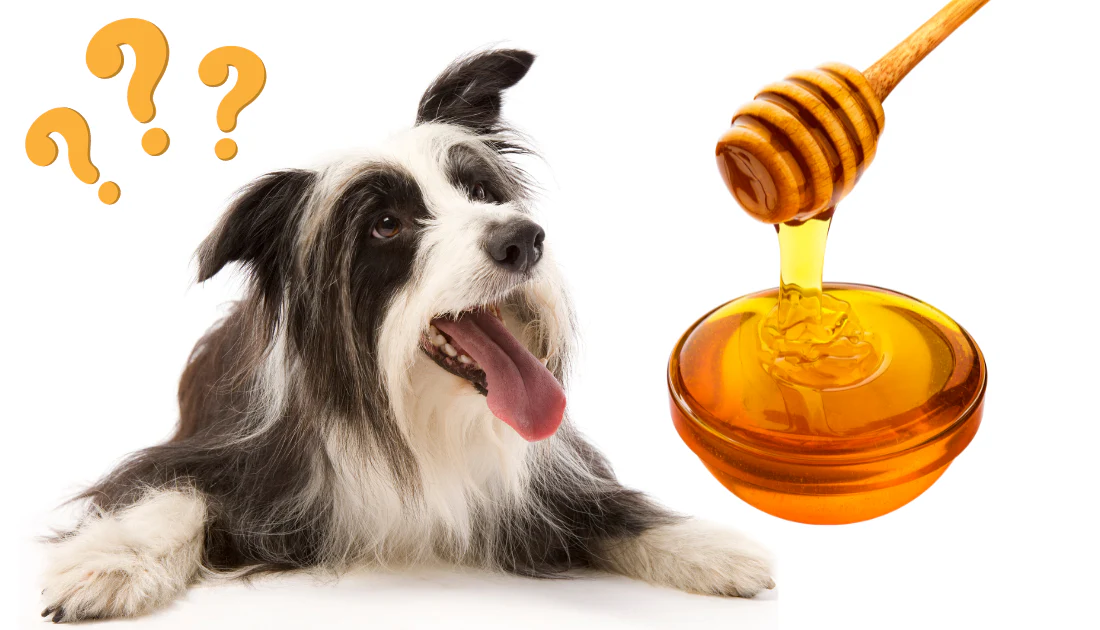Honey is a natural sweetener produced by bees and has been used for its potential health benefits in both humans and animals. Many dog owners wonder if it's safe for their furry friends to consume honey and what effects it may have on their health. This article will explore the safety of honey for dogs, its potential benefits, and guidelines for feeding it to your pet.
Is Honey Safe for Dogs?
Yes, honey is generally safe for dogs to consume in moderation. It contains natural sugars, vitamins, minerals, and antioxidants, which can provide various health benefits. However, there are some important considerations to keep in mind before introducing honey into your dog's diet.
Health Benefits of Honey for Dogs
-
Natural Energy Booster: Honey is a natural source of carbohydrates and provides a quick energy boost, making it particularly beneficial for active dogs or those recovering from illness.
-
Antioxidant Properties: Honey is rich in antioxidants, which can help combat free radicals in the body and support overall health.
-
Digestive Aid: Some dog owners use honey to help soothe digestive issues. It can promote healthy gut flora and may assist in treating mild gastrointestinal problems.
-
Allergy Relief: Local raw honey is sometimes thought to help with seasonal allergies in dogs by gradually exposing them to small amounts of pollen, which can help build immunity over time.
-
Wound Healing: Honey has natural antibacterial properties, making it a popular choice for topical application on minor cuts and scrapes. However, it’s important to consult a veterinarian before using honey for this purpose.
Guidelines for Feeding Honey to Dogs
-
Moderation is Key: While honey has health benefits, it should only be given in small amounts. Too much honey can lead to weight gain, dental issues, and an upset stomach due to its high sugar content.
-
Choose Raw Honey: If possible, opt for raw, unprocessed honey. Raw honey retains more nutrients and enzymes compared to processed honey, which may be stripped of beneficial properties.
-
Avoid Honey for Puppies: Puppies under one year old should not be given honey. Their immune systems are still developing, and there is a risk of botulism, a rare but serious illness caused by bacteria found in honey.
-
Monitor for Allergies: As with any new food, introduce honey gradually and monitor your dog for any signs of allergic reactions, such as itching, swelling, or gastrointestinal upset.
-
Consult Your Veterinarian: If your dog has any underlying health conditions, particularly diabetes or obesity, consult your veterinarian before adding honey to their diet.
How to Serve Honey to Dogs
-
Directly: You can give a small amount of honey (about half a teaspoon for small dogs and up to a teaspoon for larger dogs) directly by spoon or mix it into their food.
-
In Treats: Incorporate honey into homemade dog treats. Many recipes combine peanut butter, oats, and honey for a tasty snack.
-
With Medication: If your dog requires medication, you can use honey to help mask the taste of the medicine and encourage them to take it.
Conclusion
Honey can be a safe and beneficial addition to your dog's diet when given in moderation. It offers various health benefits, including energy support, digestive aid, and potential allergy relief. However, it's essential to exercise caution, especially with puppies and dogs with specific health issues. Always consult your veterinarian if you have any concerns about adding honey to your dog's diet.
By understanding the benefits and guidelines for feeding honey, you can make informed decisions that contribute to your dog's overall health and happiness.


